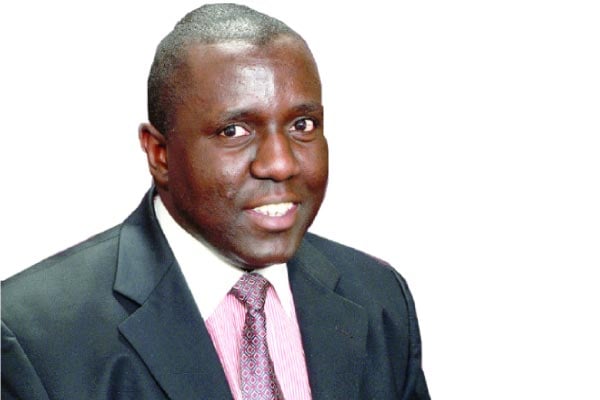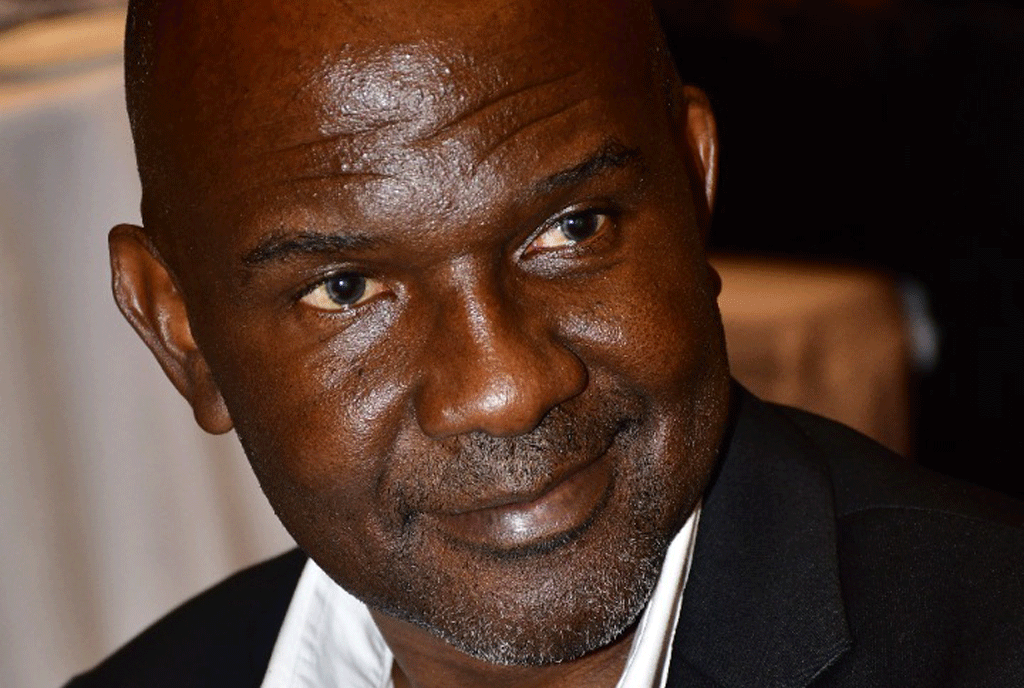
Author: Asuman Bisiika. PHOTO/FILE
I watched a video clip in which a gang of criminals riding on motorcycles robbed a man in broad daylight in Kampala. The said incident took place near Victoria University. But the brazenness of the gang was spine-chilling.
Yet before that video clip, there had been other video clips in which criminals kicked victims, disabled them into unconsciousness, and then robbed them.
And we ask? Where is the Uganda Police Force? Is their work limited to policing political thought and expression? With this kind of brazenness, it is very tempting for one to think the Uganda Police Force is in the know of the criminals involved. And that the criminals are the beneficiaries of some kind of police protection. Yet this kind of crime is not good because it can easily deteriorate into an intractable security problem.
Crime is the act of undermining an individual’s life (physical, social, economic, etc) and resources. The State as a social construct retains the basic function of fighting crime.
Insecurity is caused by an act or acts or a situation that undermines state authority or renders it (the State) ineffective or weak to exercise the said authority. In essence, there is no defining factor of state authority than the power, capacity, willingness, and deportment to detect and fight crime.
The police is the state agency responsible for detecting, preventing, and fighting crime while civil intelligence agencies (like ISO and ESO) are responsible for fighting insecurity. ISO and ESO are charged with the collection of intelligence for the use of frontline actors like the Social Workers, the Police, and UPDF (under the direction of the political leadership).
Whereas the civil intelligence services may have better capabilities, the police remains the principal state agency to detect, investigate, carry out arrests, and provide the national prosecution service with information that leads to the successful prosecution of criminals. And for the sake of clarity, arrest is an administrative function with laid down procedures.
Now I saw the spokesperson of the Uganda Police Force advising the population not to join a protest slated for next week. I just wondered: these people are spending a lot of energy on an event unlikely to take off. Yet lacking the verve where real policing of the streets is needed. With this police inaction, Ugandans are likely to witness the return of the UPDF elements in the civil policing action. Yet save for some kind of poor administrative management, the Uganda Police Force is capable of policing Kampala City (at the minimum, the city centre). Are we waiting for an incident where a prominent high-profile person will be the victim?
The cases of broad-day robberies are very unsettling. The response from the State is wanting and doesn’t assuage fear among the population. These robberies should now be treated as something beyond mere criminality. This is because the state’s failure to find solutions to these robberies undermines people’s confidence in the authority of the state.
The state should respond and act in a manner that restores popular confidence…; the people should be made to believe in the capabilities of the state to reign in the criminals. Whereas the recent reconstitution of command and administrative structures of the Uganda Police Force was welcome, these unsettling robberies and police failure to re-assure the population point to one thing: that a mere change of guard at police headquarters was not enough.
The structural organisation of political and economic power in Uganda has inadvertently placed the gun in a situation where it is the principal enabler of peace and security. Maybe the UPDF should take over civil policing in Kampala!
Mr Bisiika is the executive editor of the East African Flagpost. [email protected]




